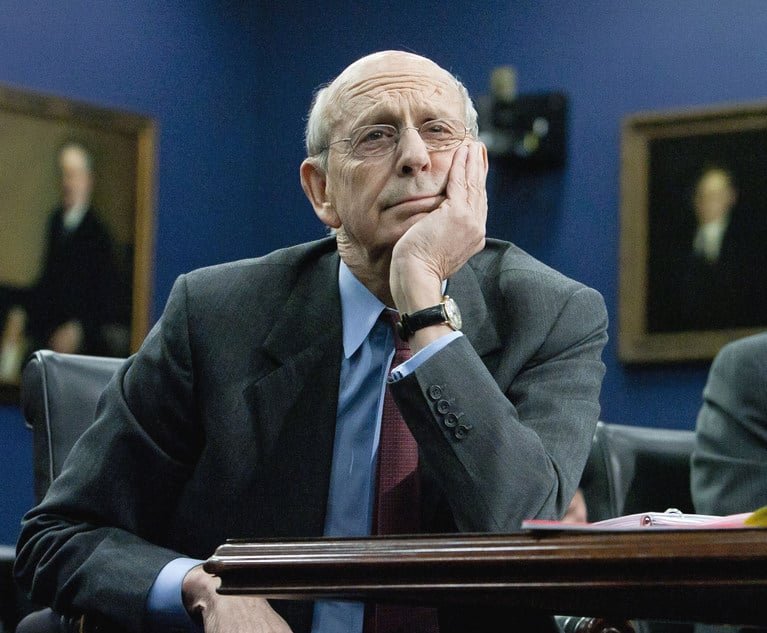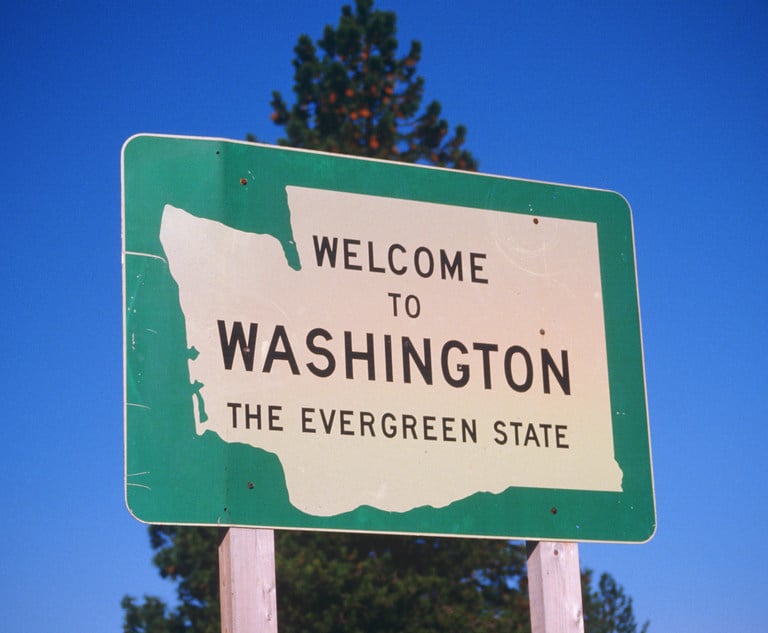With three new justices on the U.S. Supreme Court, regulated entities have been awaiting guidance on how the new Roberts Court will approach agency-deference principles. Although many court-watchers anticipate a continued movement away from agency deference, the Eighth Circuit’s recent decision in Voigt v. Coyote Creek Mining Company, — F.3d —, 2020 WL 6811356 (8th Cir. Nov. 20, 2020), took agency deference further than the Supreme Court has in the past by deferring to a state agency’s interpretation of an ambiguous federal regulation.
It is well established that under Chevron deference, federal courts defer to a federal agency’s interpretation of an ambiguous federal statute.[1] And under Auer deference, federal courts defer to a federal agency’s interpretation of an ambiguous federal regulation.[2] But the Supreme Court has never before held that deference is appropriate to a state agency’s interpretation of federal law, as the Eighth Circuit held in Voigt.









